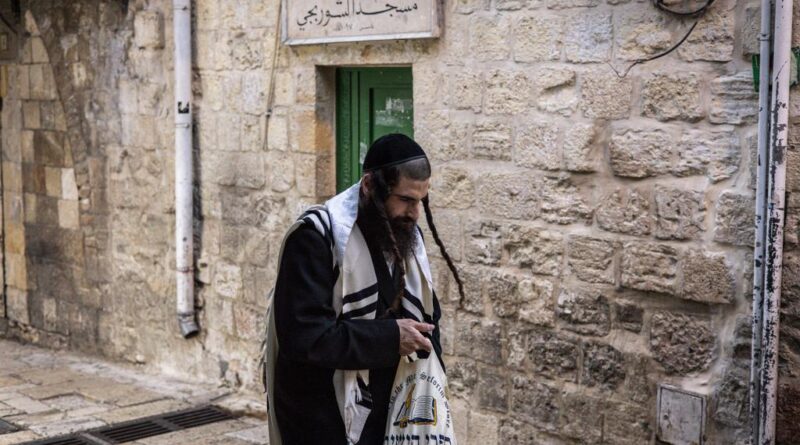As non-Jews, we should adopt the Yom Kippur tradition of seeking forgiveness

Yom Kippur, the High Holy Day for our Jewish neighbors, begins on Friday evening.
My rabbi friends describe it as the Day of Atonement, a time for acknowledging sins and seeking mercy through prayer, fasting, and renewal.
Their example of repentance serves as a reminder for all of us to reflect on our actions.
As a priest for almost 49 years, I’ve noticed a decline in Catholics practicing traditional acts of repentance, like fasting during Lent and abstaining from meat on Fridays.
Admitting our faults and seeking forgiveness used to be a more common practice, not just within the Catholic faith, but across all religions and even on a national scale during times of hardship.
During Yom Kippur, the importance of acknowledging personal wrongdoing is emphasized through stories like that of King David and the prophet Nathan.
It’s easy to point out what’s wrong in the world or in others, but examining our own actions and admitting fault is crucial for true repentance.
Self-reflection and an examination of conscience, once common practices, have fallen out of favor but could greatly benefit us all on a daily basis.
Admitting our mistakes and being open to change is essential for personal growth and spiritual development.
Yom Kippur serves as a reminder of the need for repentance and renewal in our lives.
Timothy Cardinal Dolan is the archbishop of New York.



